PCOS & PCOD Treatment in Bhopal
Polycystic Ovary Syndrome (PCOS), also known as PCOD, is a common hormonal disorder affecting women of reproductive age. PCOS & PCOD Treatment in Bhopal. It can cause irregular periods, weight gain, excessive hair growth, acne, and difficulties with conception. Early diagnosis and proper management are essential to maintain overall health and fertility
At Maan Hospital, Bhopal, Dr. Viraj Jaiswal , a trusted gynecologist in Bhopal and infertility specialist in Bhopal, provides comprehensive PCOS & PCOD Treatment in Bhopal. The treatment approach includes personalized lifestyle guidance, medication to regulate hormones, fertility support, and ongoing monitoring to manage symptoms effectively.
If you are looking for reliable PCOS & PCOD Treatment in Bhopal or guidance from an experienced gynecologist in Bhopal, Dr. Viraj Jaiswal and our team provide the
expertise and support needed to improve your health and quality of life.
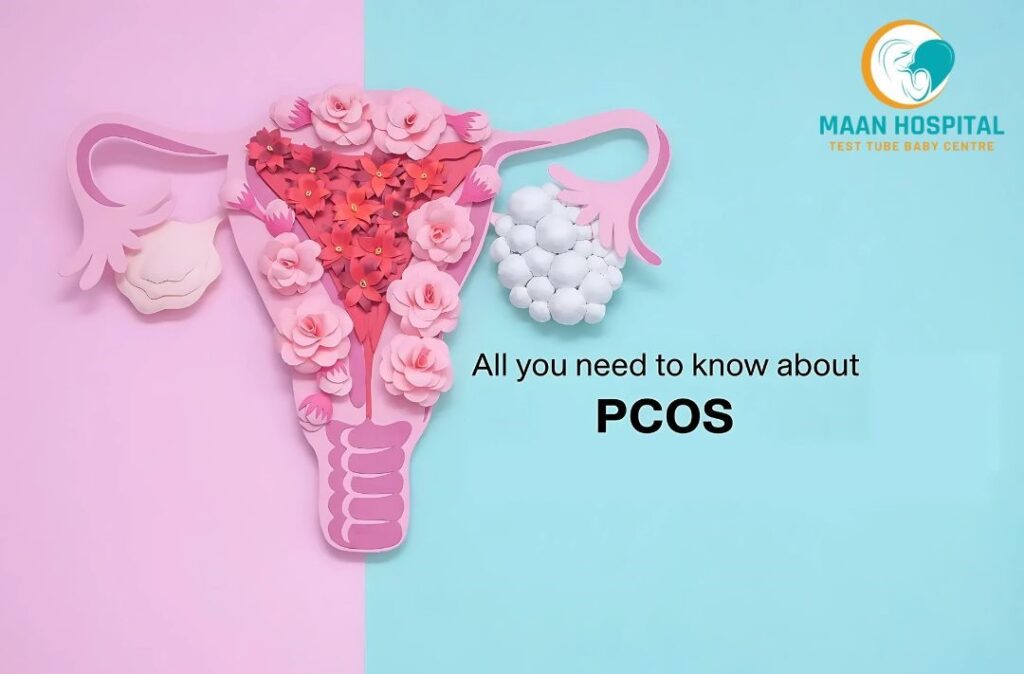
What is PCOD?
What is PCOS?
What are the Symptoms of PCOS & PCOD Treatment in Bhopal
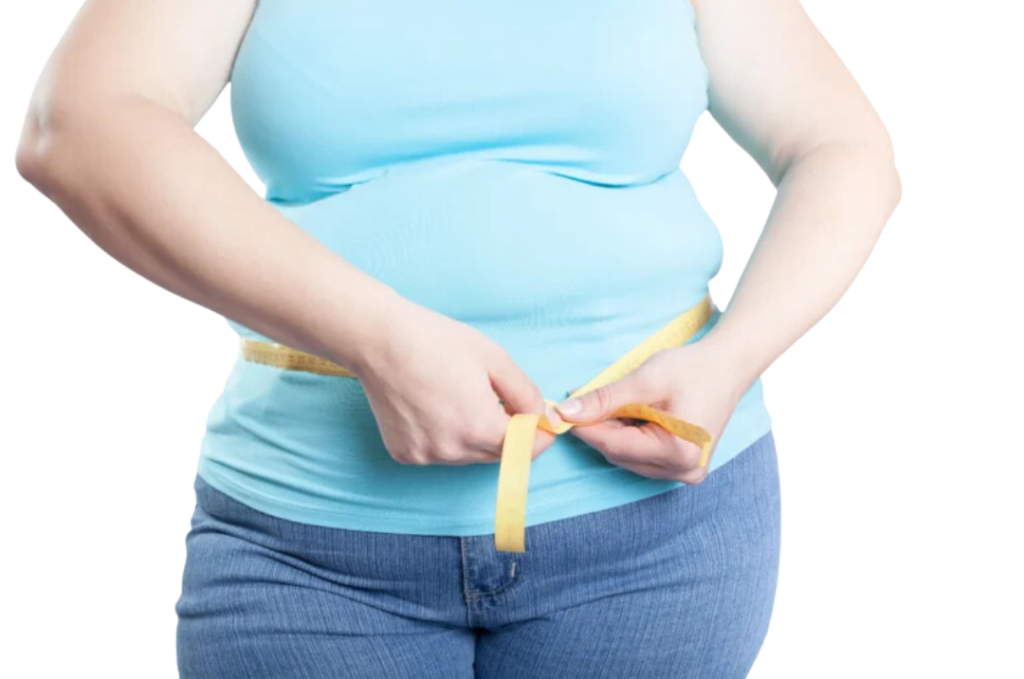
Weight Gain
Women with PCOS often find it hard to manage their weight and may gain weight easily, even when they try to eat healthily.

Irregular Periods
Women with PCOD or PCOS often have periods that don’t follow a regular schedule. Sometimes their periods are late, or they might skip them altogether. This happens because their ovaries aren’t releasing eggs properly.
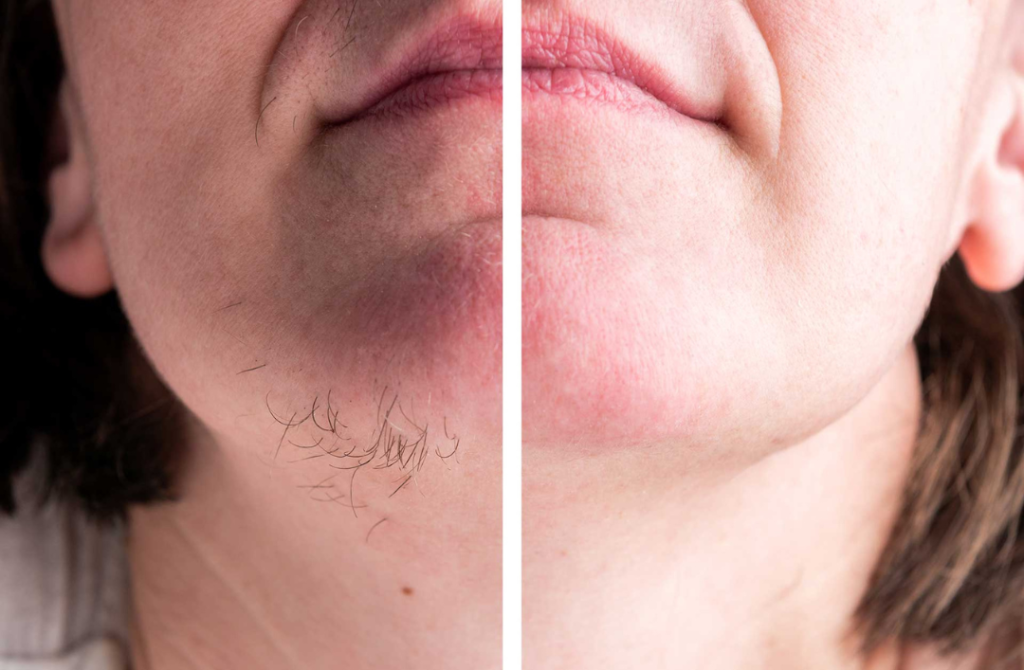
Excess Hair Growth
Because of higher levels of male hormones, girls with PCOS can grow hair in places where they don’t normally expect it, like on their face, chest, or back.

Acne and Oily Skin
The increase in hormones can also make the skin oilier, which leads to more pimples or acne.

Thinning Hair
Some women with PCOS may notice that their hair is getting thinner or falling out, similar to male-pattern baldness.
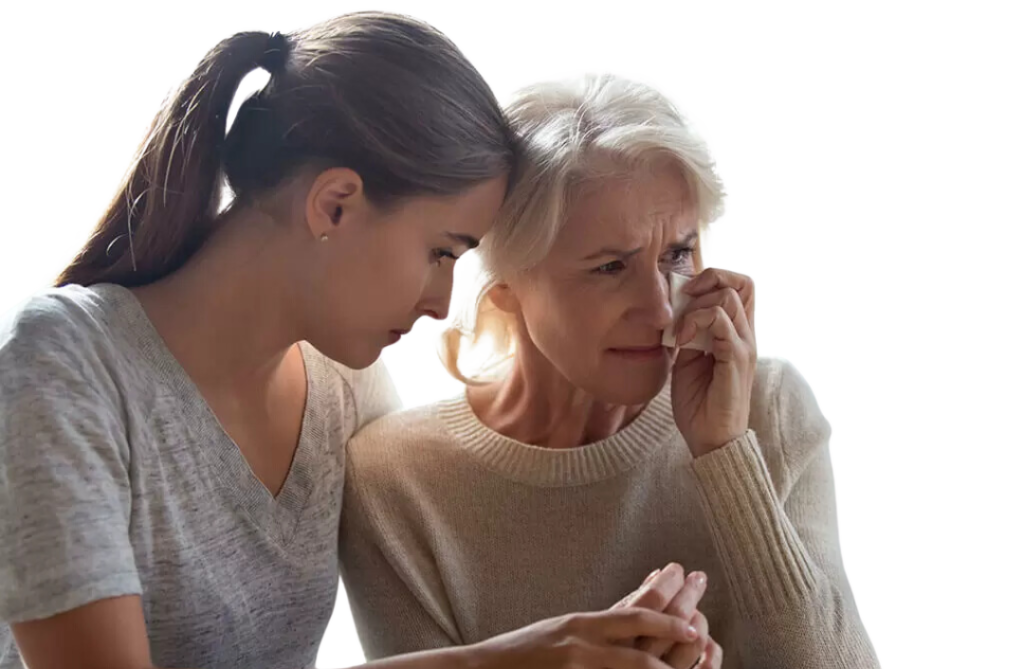
Mood Swings
Mood swings, anxiety, and even depression can be brought on by PCOS’s emotional effects.

What Causes PCOS?
- Hormonal Imbalance: Women with PCOS have extra androgens (male hormones) than normal. These hormones interfere with the ovaries’ ability to release eggs properly, which causes many of the symptoms.
- Insulin Resistance: Women with PCOS also have a condition name insulin resistance. This means their bodies have a harder time using insulin (a hormone that helps control blood sugar), which can lead to higher blood sugar levels and weight gain.
- Genetics: A woman is more likely to get PCOS if her mother or sibling has it because the condition runs in families.
What Complications Can PCOS Cause?
If PCOS isn’t treated, it can lead to more serious health problems later on. Some of the complications include:
Infertility
Women with PCOS may have trouble getting pregnant because their ovaries aren’t releasing eggs as they should.
Type 2 Diabetes
Because of insulin resistance, women with PCOS are more likely to develop type 2 diabetes, a condition that affects how the body processes sugar.
Heart Disease
PCOS can lead to high blood pressure, high cholesterol, and weight gain, all of which can increase the risk of heart problems.
Endometrial Cancer
Women with PCOS often don’t get regular periods, which can cause the lining of the uterus to thicken too much, raising the risk of uterine cancer.
Can PCOS/PCOD Cause Problems in the Future?
If PCOS and PCOD are not properly managed, they can lead to future health concerns. Women with these conditions are at a higher risk of developing long-term issues such as diabetes and heart disease. With timely diagnosis and the right PCOS & PCOD Treatment in Bhopal, women can effectively control symptoms and maintain a healthy life. Regular check-ups, medical guidance, and a healthy lifestyle play a crucial role in preventing complications and supporting overall well-being.
What’s the Difference between PCOD and PCOS?
Although PCOD and PCOS are very similar, there is one main difference:
PCOS is more severe than PCOD. PCOS causes more symptoms and can lead to more health problems in the future, such as infertility and diabetes.
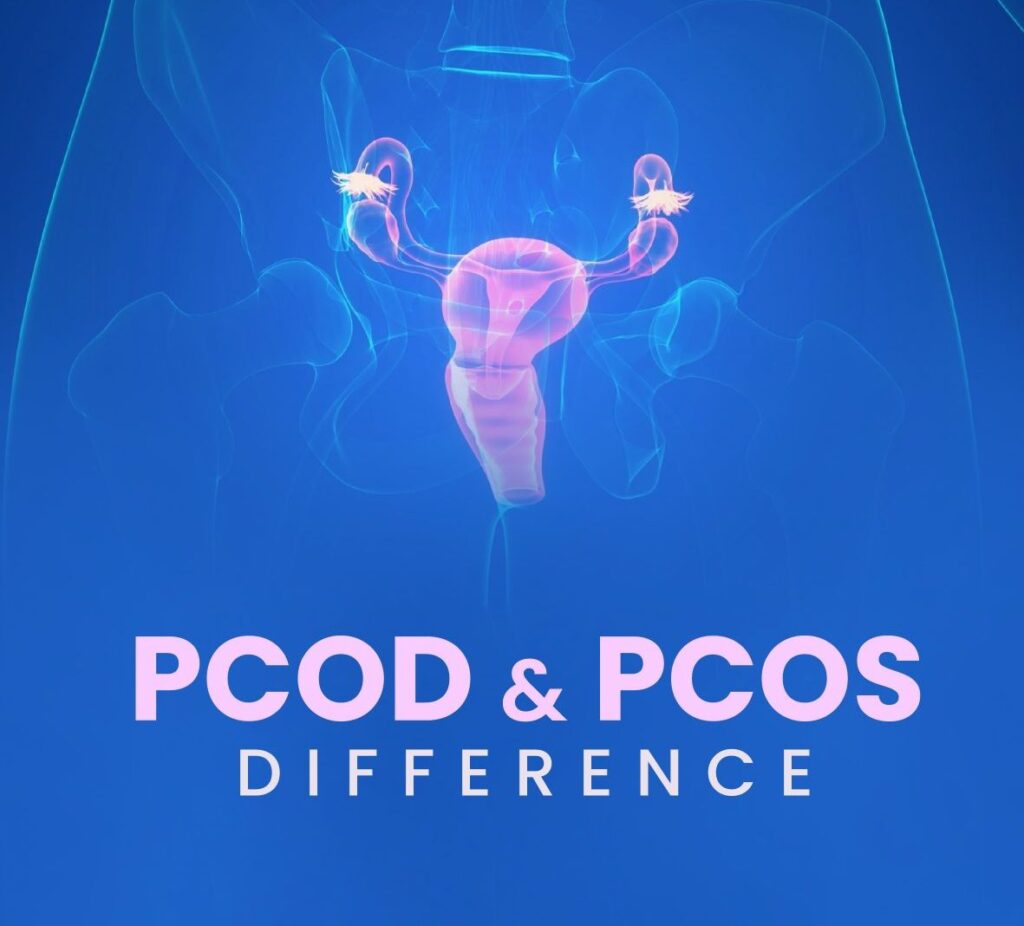
PCOD, on the other hand, is a milder condition that mainly affects the ovaries and periods but doesn’t come with as many long-term health risks.
How Can PCOD and PCOS Be Treated?
There are many ways to treat PCOD and PCOS:
Lifestyle Changes
Eating a balanced diet, exercising regularly, and maintaining a healthy weight can help manage many of the symptoms of PCOD and PCOS.

Medications
Doctors may prescribe birth control pills to regulate periods, reduce acne, and manage hair growth. Other medications can help control insulin levels.
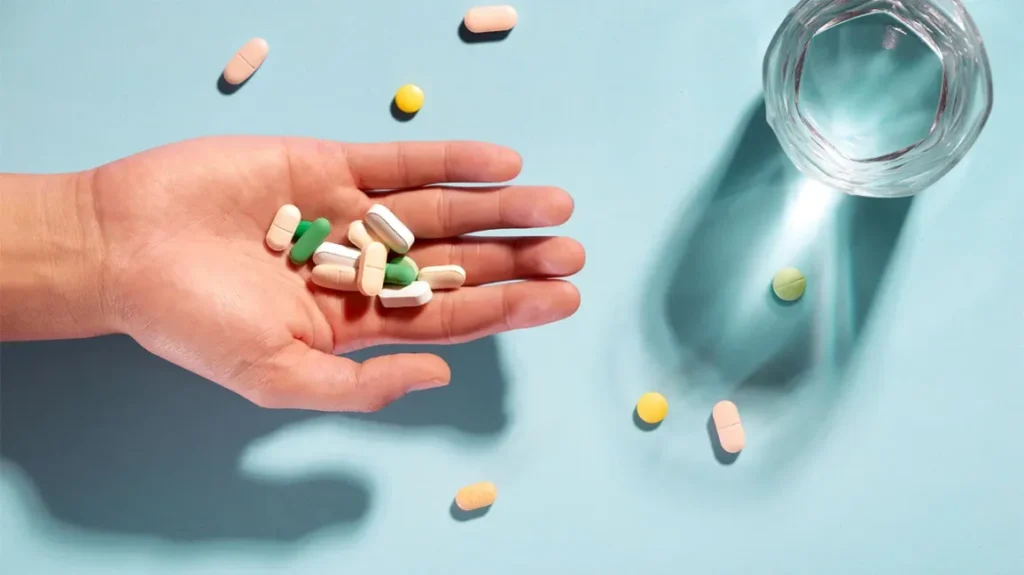
Fertility Treatments
For women with PCOS who want to have children, fertility treatments like medication or assisted reproductive technologies (ART) like IVF can help them get pregnant.
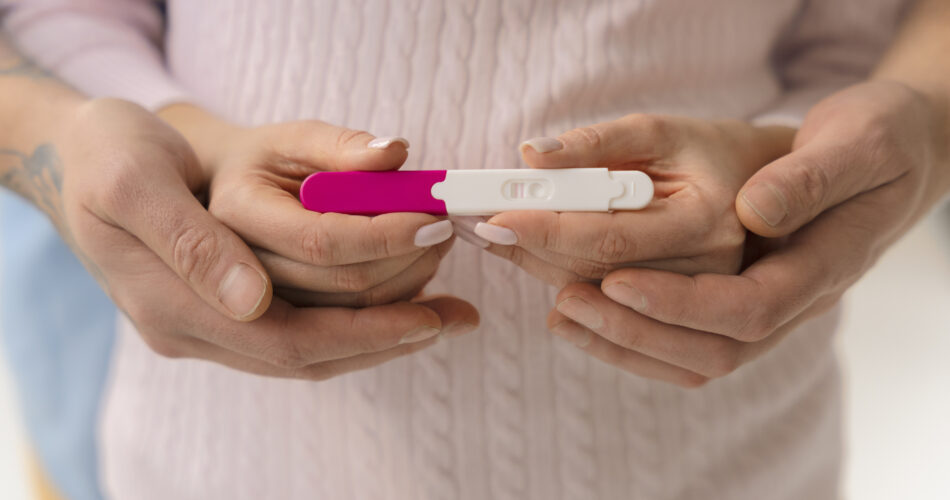
If you’re looking for expert care, Dr. Viraj Jaiswal, an Obstetrician-Gynecologist at Mann Hospital on Sultania Road, Bhopal, is a specialist in treating PCOS & PCOS & PCOD Treatment in Bhopal




